

We are glad you have taken the first step with our short "tourist course", which is designed to be completed in one week. We assume that you have completed this introduction. If this is not yet the case, we recommend that you still follow it.
In this short course, you were introduced to our unique illustration language and the effectiveness of flashcards. We have introduced basic concepts of the Dutch language, such as personal pronouns and verbs, but we have not yet covered pronunciation in detail.
This extensive course delves deeper into these topics. We will discuss pronunciation, grammatical rules, and other nuances of the Dutch language that are essential for fluent communication in detail.
Good luck with this extensive journey in the Dutch language!
<<<
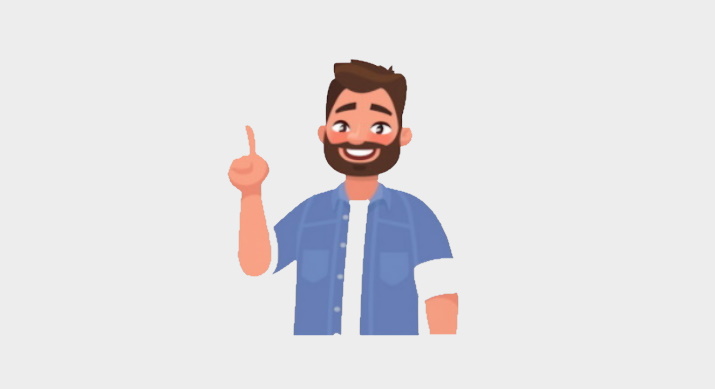
Our goals
In the first lessons our learning goals are:
- to hear how sounds are represented by characters;
- to learn how a series of sounds forms a word, illustrating how simple words are written;
- to learn how words such as 'I', 'you', and 'he' can be used in simple sentences;
- to learn how simple sentences can be constructed.
Hereafter our goals extent to what is really needed to master Dutch
- to learn how verbs are conjugated;
- to learn word order and
- to learn rules like how to form plurals.
Our final goals are:
- to be able to have simple conversations;
- to be able to read simple texts
- to know a reasonable amounts of words
<<<
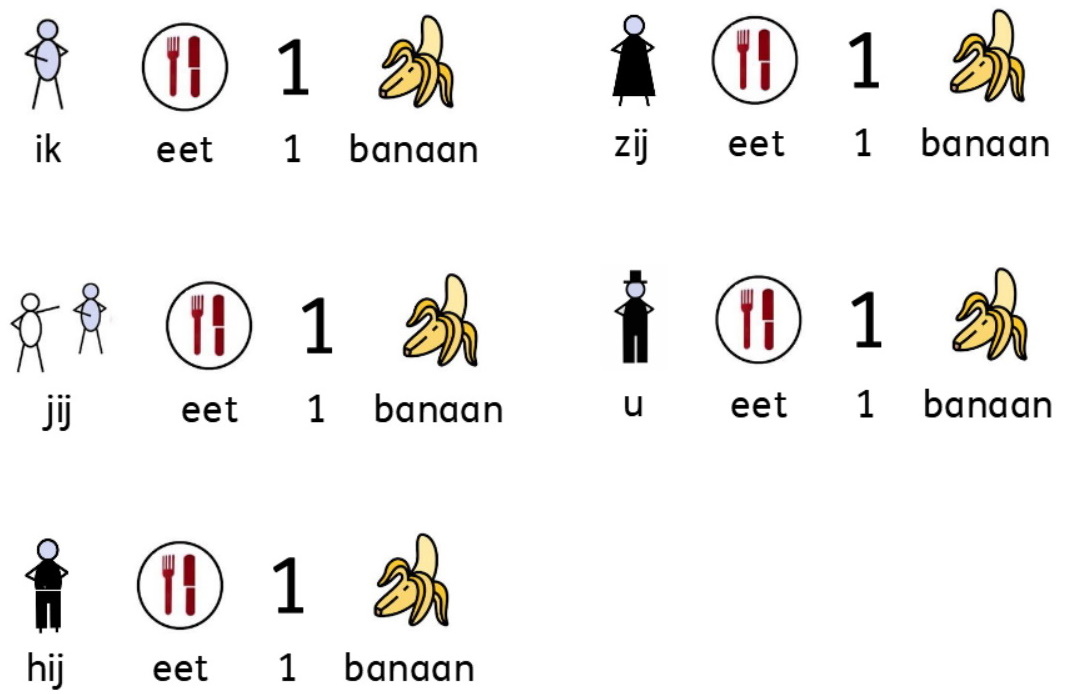
Example of our special very simple illustration language
In our first four lessons, we'll use mainly pictures to help explain words. This makes it easy to understand.
But after a certain period (starting at lesson 5), we will mostly offer regular text. This is because some words are hard to show with pictures.
Conclusion:
You don’t need to be good at reading for the first four lessons.
Starting from lesson 5, you must be able to read well in your language.
<<<
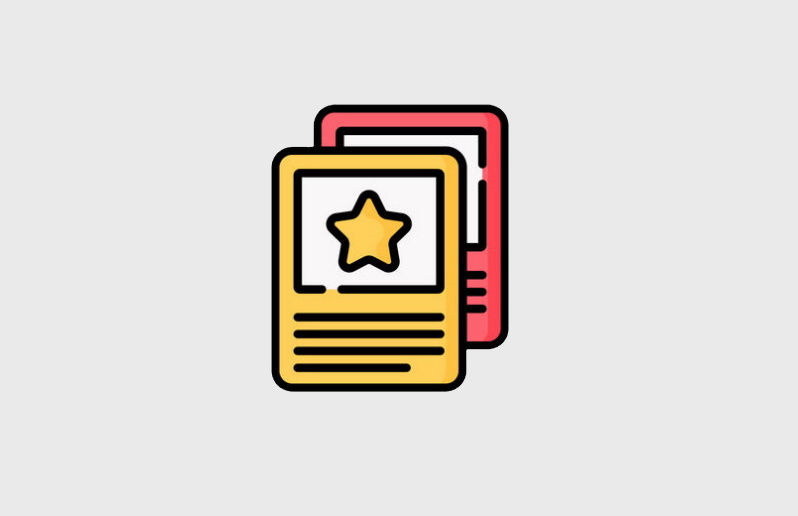
If someone is very weak or not able to read, they can still use the flashcards. First, help is needed from someone who can read, to indicate how to find the flashcards.

if you are an inhabitant of the European Community
The European Union has established various levels for language learning. As a beginner, it is crucial to understand and use simple expressions and sentences that play a significant role in daily life. This goal corresponds to the A1-A2 level.
<<<
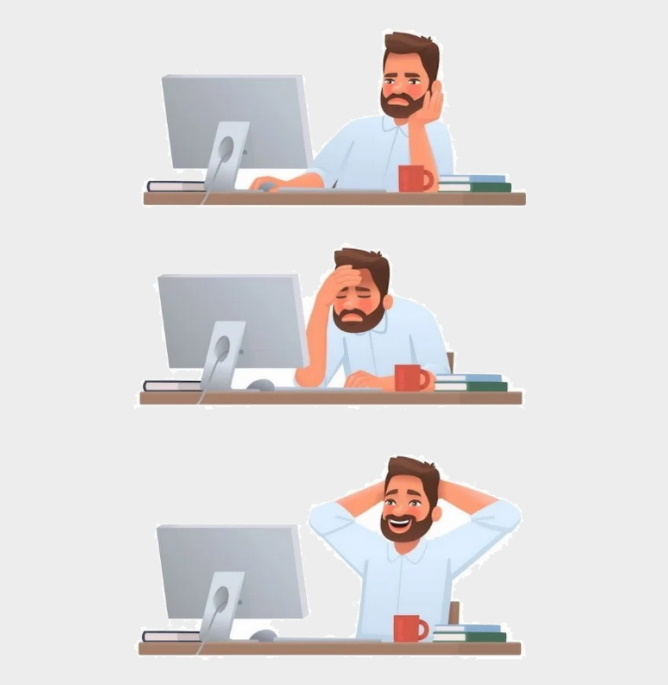
It is good to realize that learning a language isn't necessarily difficult; rather, it demands an investment of time. Many people begin with high enthusiasm but find their motivation waning after just a week or two.
Our advice:
Avoid Long Study Sessions: Lengthy study periods often lead to information overload. If you cannot remember the information, you're likely to encounter difficulties. Hence, we recommend not studying for more than 1 -2 hours each day. Study at least during 3-4 periods a week (2 hours).
Engage with the Exercises: Active practice is crucial in language learning. Completing all provided exercises is key.
Learning is based on Repetition: The foundation of learning is repetition. So repeat what you already did, many times! In fact this is also the reason why flashcards are so powerful. It is easy to repeat the items of a flashcard.
Please remember to start with the short simple tourist course. That course can be done in 1-2 weeks!
<<<
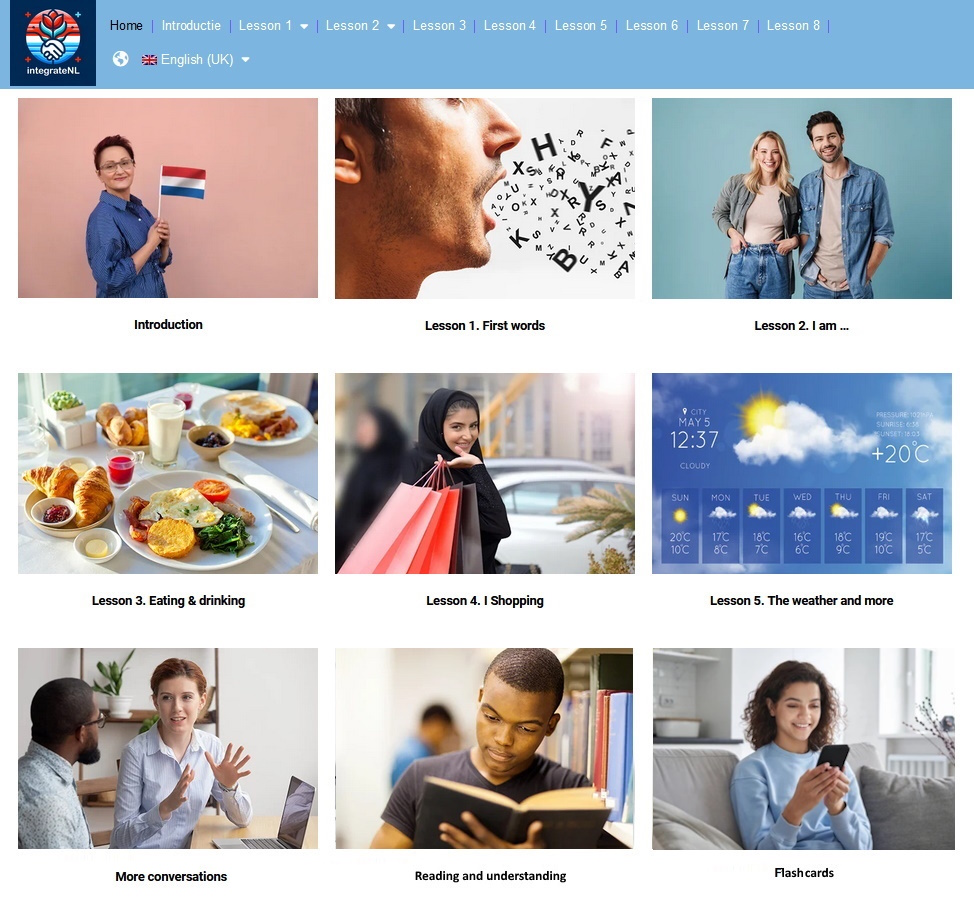
Different parts that are offered.
The different parts of this course
The picture shows the different parts that are offered. After a short introduction the theory is offered by 5 basic lessons (Lesson 1 - 5). With each lesson you will find exercises.
The last three parts
The last three parts are related to training in general.
Conversation: this part is offered to improve your communication skills.
Reading: this part focuses on reading.
Flashcards: contains special training material.
In each lesson we also will offer flashcards as it is such a powerful learning tool.
In general the first 8 weeks (2 months) are focused on the basic lessons. During the last month we we will focus on special exercises related to conversation and reading.
<<<

Use a notebook!
This is not an advice but a must! Buy a notebook to write on. Write every expression and sentence that is given in this course. By writing down the words and sentences, we can remember them more easily. Furthermore You have to write down all the exercises you did as far as this is possible.
<<<

Extra help
Of course, you have an advantage if a volunteer or a teacher helps you. In this case, you have also more possibilities to test your pronunciation.
We had our language coach so we were lucky. But as he told us: certainly you can do the complete course on your own!
<<<
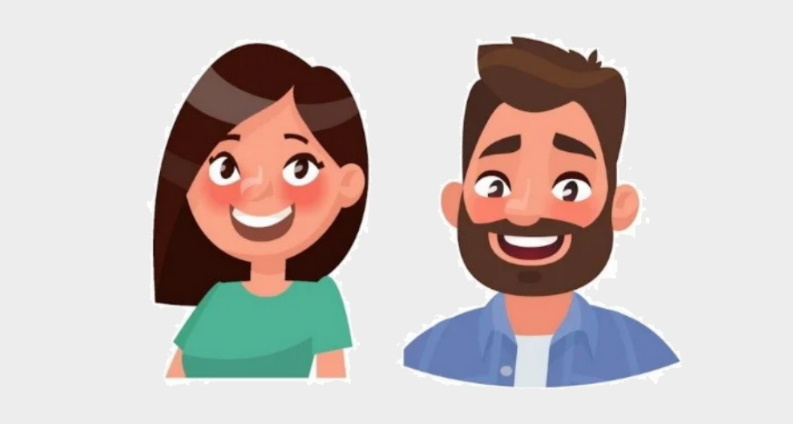
Ou language coach said: the best way to learn is by learning together with someone else. Of course, I started to study Dutch with my wife Anna. Learning with someone else is may be our best advice because then you will see that you will encourage each other and that works extremely well in practice.
<<<
Designed with Mobirise